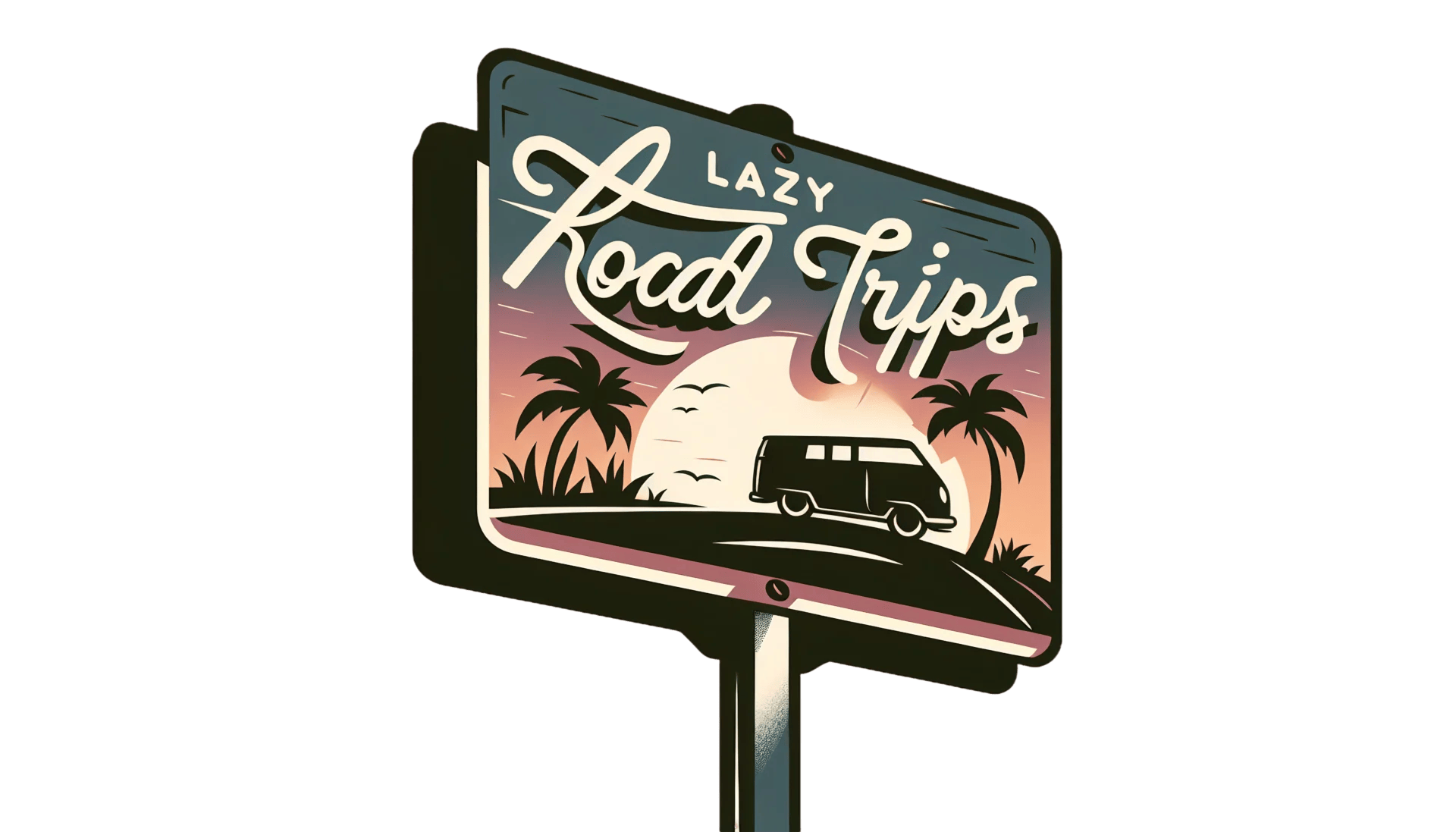Housing costs just keep climbing. More Americans are turning to RVs for an affordable, flexible way to live.
This trend really took off after the COVID-19 pandemic. The whole idea of home and work shifted for a lot of people.
Let’s dig into why so many folks are making the leap, what’s good about RV living, and a few tips if you’re thinking about it yourself.
Why Are Americans Choosing RVs?
The biggest reason? Traditional housing just costs too much. Home prices and rents are at record highs.
Plenty of individuals and families feel priced out. According to a recent report, the average cost of a home in the U.S. jumped nearly 20% in just the past year.
Financial Benefits
Saving money tops the list for most people moving into RVs. Here are some of the main financial perks:
- Lower Initial Investment: Buying an RV is often way cheaper than buying a house. New RVs range from $10,000 to $300,000, but that’s still less than what you’d pay for a home in many areas.
- Reduced Monthly Expenses: Monthly costs—like campsite fees, utilities, and repairs—usually come in lower than a mortgage or rent.
- Minimal Property Taxes: RV owners tend to pay much less in property taxes compared to homeowners.
Flexibility and Freedom
RV living gives you freedom that’s hard to match. You can travel and see new places without boxing up your life every time you move.
This lifestyle appeals to remote workers, retirees, and anyone with a bit of wanderlust.
Remote Work Opportunities
Remote work has made RV living more possible for a lot of people. With a solid internet connection and a mobile hotspot, you can work from just about anywhere.
That’s led to a growing group of digital nomads who are all about the RV life.
Exploring New Destinations
Living in an RV lets you explore at your own pace. Maybe you want to chase the sun in winter or spend time in national parks—RV life makes it doable.
You get to see different landscapes and soak up new cultures, all without being tied to one spot.
Challenges of RV Living
RV life isn’t all sunshine and open roads. There are real challenges you’ll want to think about first.
Space Limitations
Space is tight, no way around it. RVs are much smaller than most homes, so you have to keep a close eye on what you bring along.
Downsizing and decluttering are pretty much required if you want things to go smoothly.
Maintenance and Repairs
RVs need regular maintenance and, sometimes, repairs. That can eat up time and money.
It helps to learn some basics about RV upkeep. Online forums and RV communities can be great spots to swap advice or ask questions.
Tips for Transitioning to RV Living
Thinking about making the switch? Here are a few tips to get you started:
- Research and Plan: Spend some time looking at different RV types and figure out what fits your needs and budget. Sketch out travel routes and possible destinations to make things easier.
- Downsize: Pare down your stuff. Hold onto the essentials and things that actually make you happy.
- Join RV Communities: Find other RVers online or at meetups. These groups can offer support, tips, and a sense of belonging.
- Stay Flexible: RV life is all about rolling with the punches. Plans will change, and that’s part of the fun—most of the time, anyway.
Conclusion
Housing costs keep climbing, and honestly, it’s no wonder more Americans are looking at RV living. There’s real appeal in the financial perks, the flexibility, and just the sense of freedom you get from this lifestyle.
Of course, there are challenges, and you can’t ignore them. It’s smart to prepare before making a big leap.
If you’re curious about why so many folks are choosing RVs, check out the full report here.

